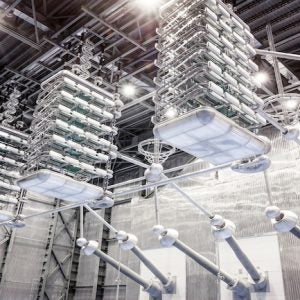Sian Crampsie
The European Commission has released the text of its long-awaited Clean Energy Package, which includes a raft of measures on clean energy, market design and governance rules.
The Commission said that the package’s key goals are to put energy efficiency first, achieve global leadership in renewable energy and provide a fair deal for consumers. It will help to modernize the European economy and boost the region’s clean energy transition, said Maroš Šefčovič, Vice-President for Energy Union.
“Having led the global climate action in recent years, Europe is now showing example by creating the conditions for sustainable jobs, growth and investment,” said Šefčovič. “[The] proposals touch upon all clean energy related sectors: research and innovation, skills, buildings, industry, transport, digital, finance to name but a few.”
The Commission believes that the package will help to mobilise up to €177 billion of public and private investment per year from 2021, generating an up to one per cent increase in GDP over the next decade. It aims to make consumers “active and central” players on the energy markets of the future.
“EU consumers will in future have a better choice of supply, access to reliable energy price comparison tools as well as the possibility to produce and sell their own electricity,” the Commission said in a statement. “Increased transparency and better regulation provide civil society with more opportunities to become more involved in the energy system and respond to price signals and therefore a number of measures to protect the most vulnerable consumers are included.”
In addition, the package sets out measures to encourage public and private investment, promote EU industrial competitiveness and mitigate the societal impact of the clean energy transition.
The Commission is also exploring ways in which the EU can show further leadership in clean energy technology and services to help non-EU countries achieve their policy goals.
The package was welcomed by European electricity association Eurelectric, which said that the measures would underpin market integration and remove some regulatory interventions that distort the functioning of the market. “
“Market designs are not carved in stone and they are bound to evolve, but it is crucial that energy, flexibility and capacity are adequately valued to ensure cost-efficiency and security of supply,” said Hans ten Berge, Eurelectric Secretary General. “Eurelectric therefore supports the ambition to provide overarching legal coverage to further integrate all wholesale market timeframes through the electricity regulation, as well as proposals to ensure that energy prices truly reflect scarcity situations,” he said.
Eurelectric also said it welcomed proposals to move towards a regional approach to system operation, renewables and security of supply.






